How effective is the birth control shot?
The birth control shot (Depo-Provera) is a very effective method of birth control. It works best when you get the shot every 12 weeks.
How effective is the birth control shot?
When used perfectly, the birth control shot effectiveness is more than 99%, meaning less than 1 out of every 100 people who use it will get pregnant each year. But when it comes to real life, the shot is about 96% effective, because sometimes people forget to get their shots on time. So, in reality, about 4 out of every 100 shot users will get pregnant each year.
The better you are about getting your shot on time, the better it will work. But there’s a very small chance that you could still get pregnant, even if you always get the shot on time.
If effectiveness is the most important thing to you when picking what birth control to use, you might want to check out IUDs and the implant. They’re the most effective kinds of birth control. But if you decide the shot is right for you, make sure you always get your follow-up shots on time.
What if I’m late getting my birth control shot?
If you get your shot late, you may not be protected from pregnancy — but it depends on how late you are. You can get your follow-up shots as early as 10 weeks after your last shot, or as late as 15 weeks after your last shot. But, if you get your shot more than 15 weeks after your last shot, you’ll need to use another method of birth control, like a condom, for the first week after getting your shot.
If you have vaginal sex without using a condom more than 15 weeks after your last shot, you should use emergency contraception. You may also need to take a pregnancy test before getting your next shot. The best way to prevent pregnancy while using the shot? Make sure you always get your shot on time, every time.

 Abstinence
Abstinence
 Breastfeeding
Breastfeeding
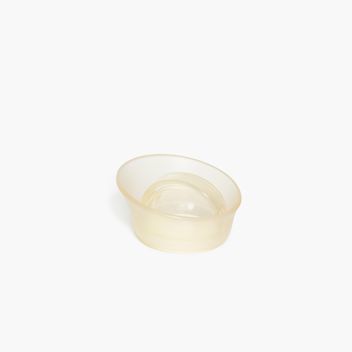 Cervical Cap
Cervical Cap
 Condom
Condom
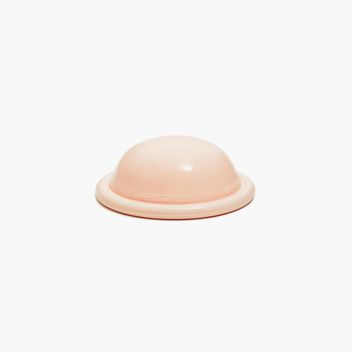 Diaphragm
Diaphragm
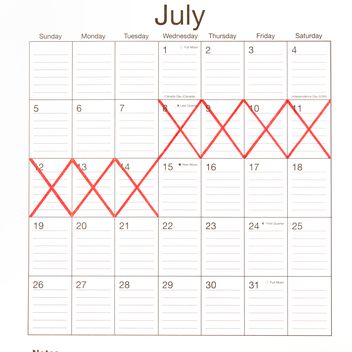 FAM
FAM
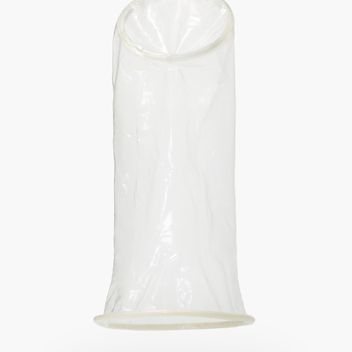 Female Condom
Female Condom
 Implant
Implant
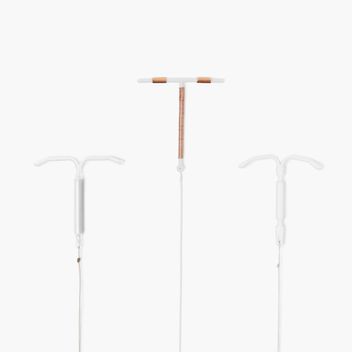 IUD
IUD
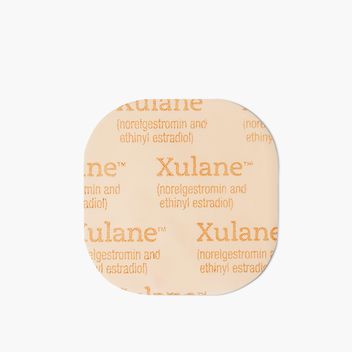 The Patch
The Patch
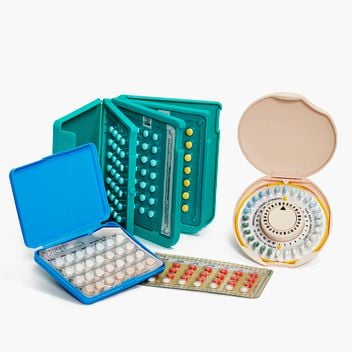 The Pill
The Pill
 The Ring
The Ring
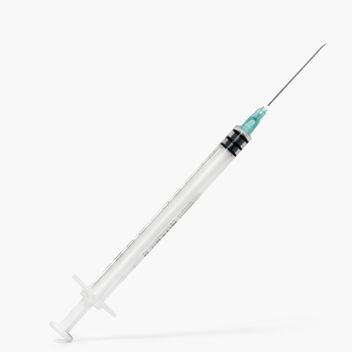 The Shot
The Shot
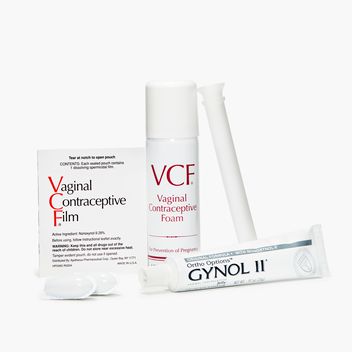 Spermicide
Spermicide
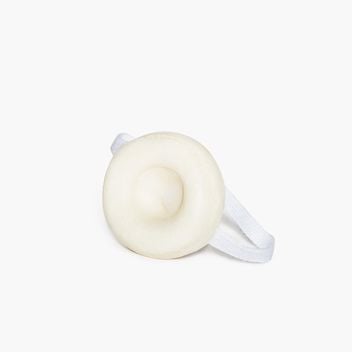 Sponge
Sponge
 Sterilization
Sterilization
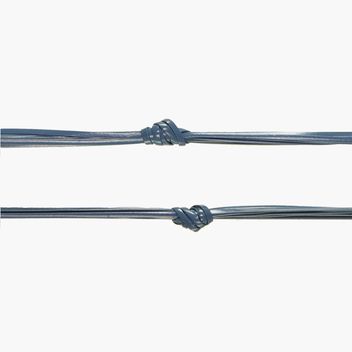 Vasectomy
Vasectomy
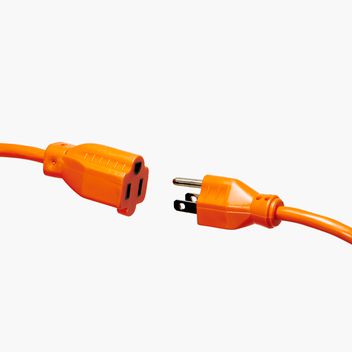 Withdrawal
Withdrawal